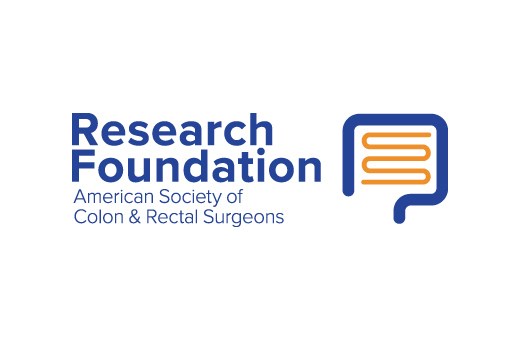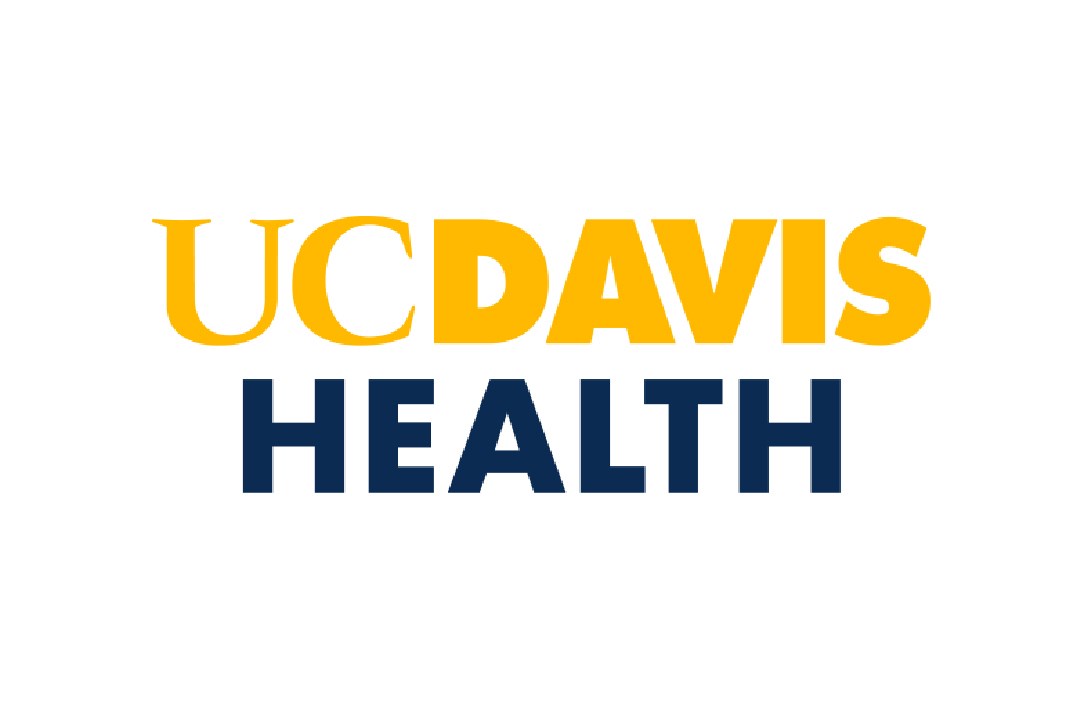The decisions you’re making now will determine your viability in the future.
ECG understands the unique challenges hospitals and health systems face, whether your organization operates independently as a community hospital or as a large, integrated system of care. In order to deliver on your mission, there are a multitude of issues to navigate, including ever-growing operating margin pressures, a decline in nonoperating income, and evolving patient expectations. We get it. That’s why our approach is designed to be disruptive without disrupting our clients—and more importantly, their patients.
At ECG, our consultants understand that you require a much deeper level of collaboration. We’ll work with stakeholders throughout your organization to translate your strategic and operational opportunities into viable, implementable, and flexible solutions. Together, we will optimize clinical outcomes and revenue, achieve cost efficiencies, and make your organization the provider of choice in your community.
Our hospitals and health systems services include:
- Strategy and innovation
- Health system optimization
- Payer strategy and contracting
- Ambulatory care planning and access
- Physician enterprise services
- Center for Advanced Oncology
- ASC strategy and operations
- Mergers, acquisitions, and transactions
Related Clients






















Featured Case Study
Payer Strategy Development, Reimbursement Assessment, and Negotiation Support
Read More
You Might Also Like

Let’s Connect
Ready to learn more about what ECG can do for your organization?
